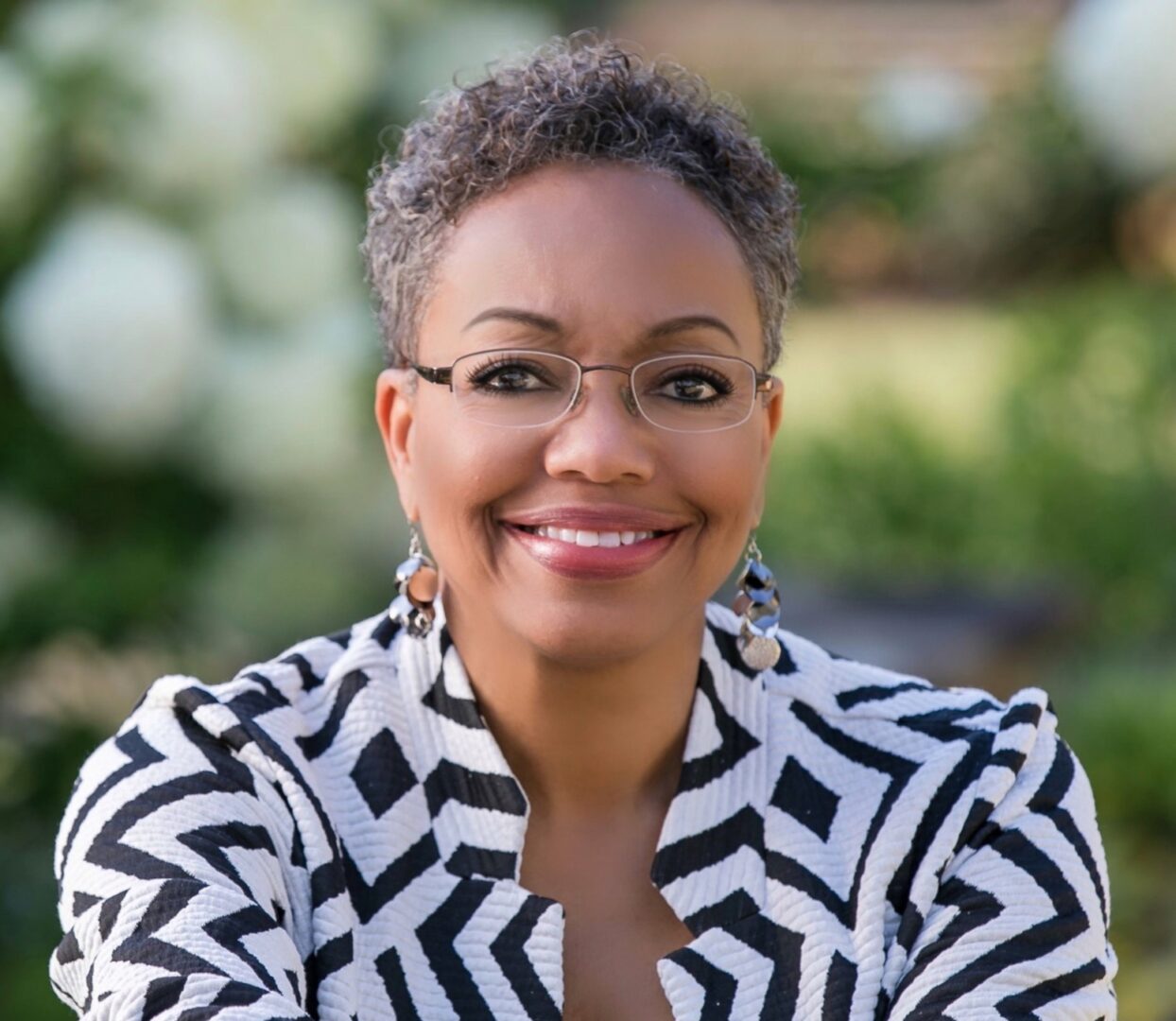We were lucky to catch up with Sonja Pemberton recently and have shared our conversation below.
Hi Sonja, thanks for joining us today. Let’s jump right into something we’re very focused on here – improving our ability to make decisions. Everyday, we’re faced with decisions that can impact the future of our careers, businesses, relationships and more and so one of the most impactful areas for personal development, in our view, is decision-making. Can you talk to us about how you developed or improved your decision-making skills?
I didn’t set out to master decision-making. In fact, for much of my early life, decisions were made for me by systems, assumptions, and societal labels I didn’t choose.
At eight years old, I overheard the words “illegitimate” and “bastard” used to describe children born to parents who weren’t married, and suddenly realized those words applied to me. That moment didn’t just sting; it reshaped how I saw myself and how I moved through the world. I became an observer. I listened for what people didn’t say. I stayed two steps ahead of judgment. That hyper-awareness became a survival skill, but over time, it evolved into a kind of strategic foresight I would come to rely on again and again.
Decades later, I’ve come to understand decision-making not as a moment, but as a practice. The brain craves certainty. It reacts to ambiguity with fear, urgency, or control. But the most powerful leaders I’ve worked with aren’t the ones who move fastest; they’re the ones who’ve learned to pause, widen the frame, and decide with intention.
That belief is what led me to create AxionOS, a decision intelligence system for leaders and founders navigating high-stakes, high-pressure decisions. It’s rooted in neuroscience, but it’s built for real life, where clarity is currency, and foresight is power.
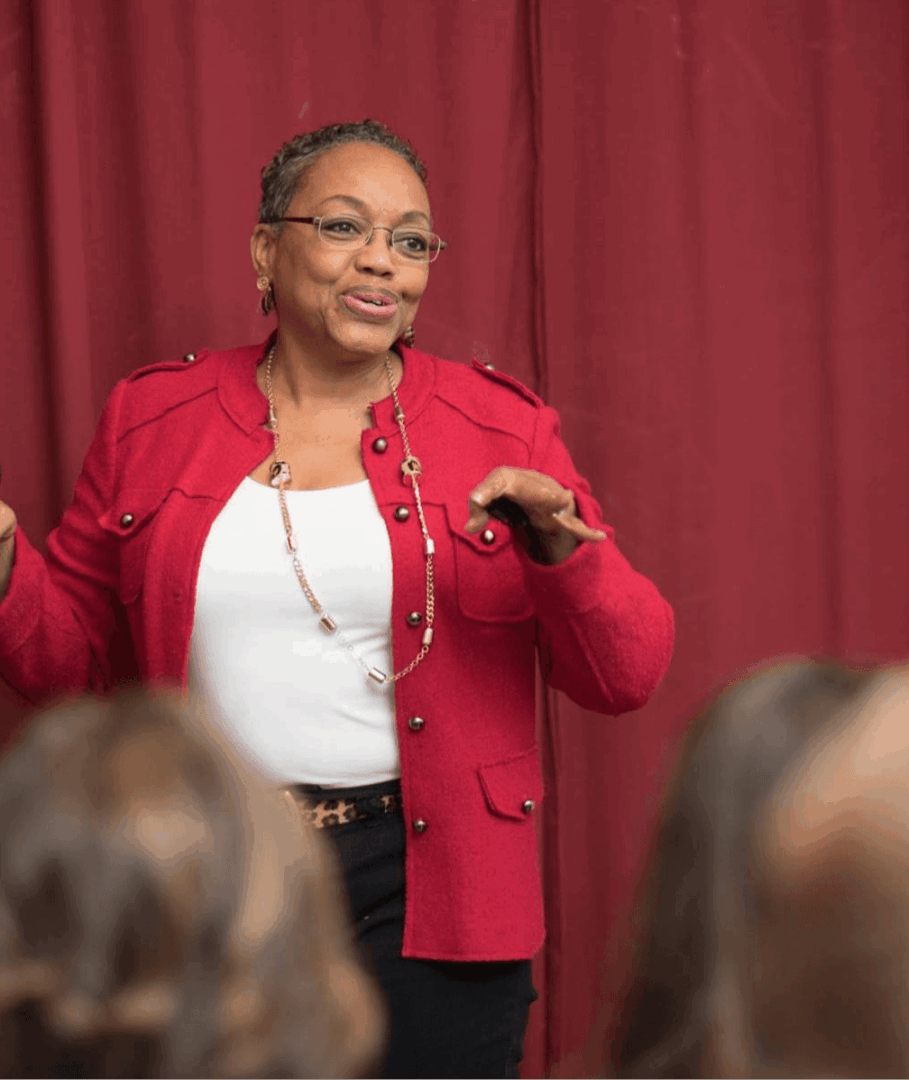
Thanks, so before we move on maybe you can share a bit more about yourself?
I sit at the intersection of neuroscience, human behavior, and high-stakes decision-making, and everything I do is designed to help people access clarity when it matters most.
At the organizational level, that work takes shape through AxionOS. It’s a decision intelligence system I created for founders and funders who are facing pivotal moments—launching something big, considering a shift, or sensing risk that hasn’t been named yet.
Our signature offer, the Strategic Decision Snapshot, is a 72-hour turnaround experience that delivers insight, foresight, and clarity to move forward with confidence. It’s not a coaching session or a deep-dive workshop—it’s a precisely engineered mirror, powered by behavioral science, pattern recognition, and strategic intelligence.
What it does is surface what’s often hidden:
– Unconscious drivers of a decision
– Second-order risks no one’s talking about
– Conflicting values under the surface
– And where the nervous system may be defaulting to urgency instead of strategy
We deliver the Snapshot in writing, like a tailored briefing document meets a personal clarity catalyst. Most clients say it feels like we “named what they couldn’t quite articulate,” and it immediately reorients their next move.
But my work doesn’t end there. I’m also launching something deeply personal and globally relevant: The Unscripted Life.
The Unscripted Life isn’t a brand. It’s a reclamation.
It’s a movement for people—especially women—who are done living by the scripts handed to them:
– Who to be
– How to succeed
– What to silence
– When to settle
It’s for those who’ve spent a lifetime doing what’s expected—checking all the boxes, carrying the weight, performing certainty only to wake up and wonder: Is this really it?
The Unscripted Life is a call to return.
To presence. To clarity. To truth.
What it’s becoming is much more than content or coaching. It’s a global invitation to rewrite the unconscious programming that shapes our choices—one breath, one decision, one radical act of self-trust at a time. It’s rooted in the same cognitive and behavioral science that has guided my work with leaders and founders, but this time, it’s personal.
Why now? Because the world is gasping.
People are longing for realness. For lives that fit their truth, not their résumé.
And I know that ache, not as theory, but as lived experience.
This movement isn’t mine alone. I’m just the one choosing to go first.
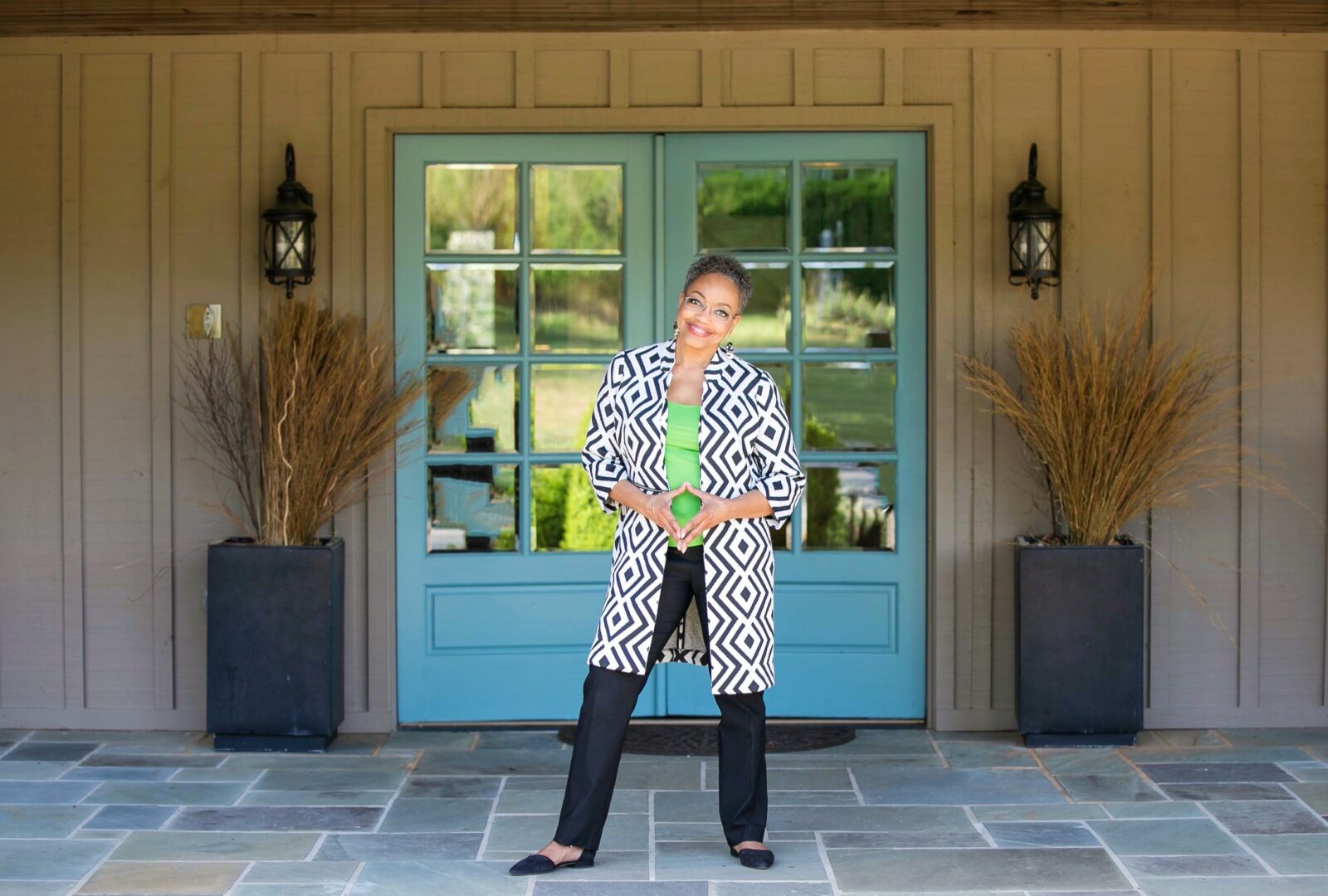
Looking back, what do you think were the three qualities, skills, or areas of knowledge that were most impactful in your journey? What advice do you have for folks who are early in their journey in terms of how they can best develop or improve on these?
1. Observation as a superpower.
Early on, being the only one in the room, often the only woman, the only person of color, the only one speaking a hard truth, taught me how to observe deeply. That skill has become a strategic advantage. I don’t just listen to words; I pay attention to what’s happening under the surface.
2. Cognitive and emotional agility.
I’ve learned to recognize when my brain is reacting versus responding. That awareness helps me stay grounded in the unknown, even when the stakes are high. It’s a lifelong skill, but one that can be practiced daily, especially in moments that feel urgent or overwhelming.
3. Integrity with self.
At the core of it all is this: I trust myself. That wasn’t always true. For years, I deferred to what others thought was best. Now, I anchor my decisions in clarity, not consensus. That shift changed everything from how I lead to how I live.
For those just starting out: don’t rush to make sense of everything. Learn to slow down enough to sense what’s actually true. The answers usually aren’t out there; they’re in you, waiting for space to be heard.
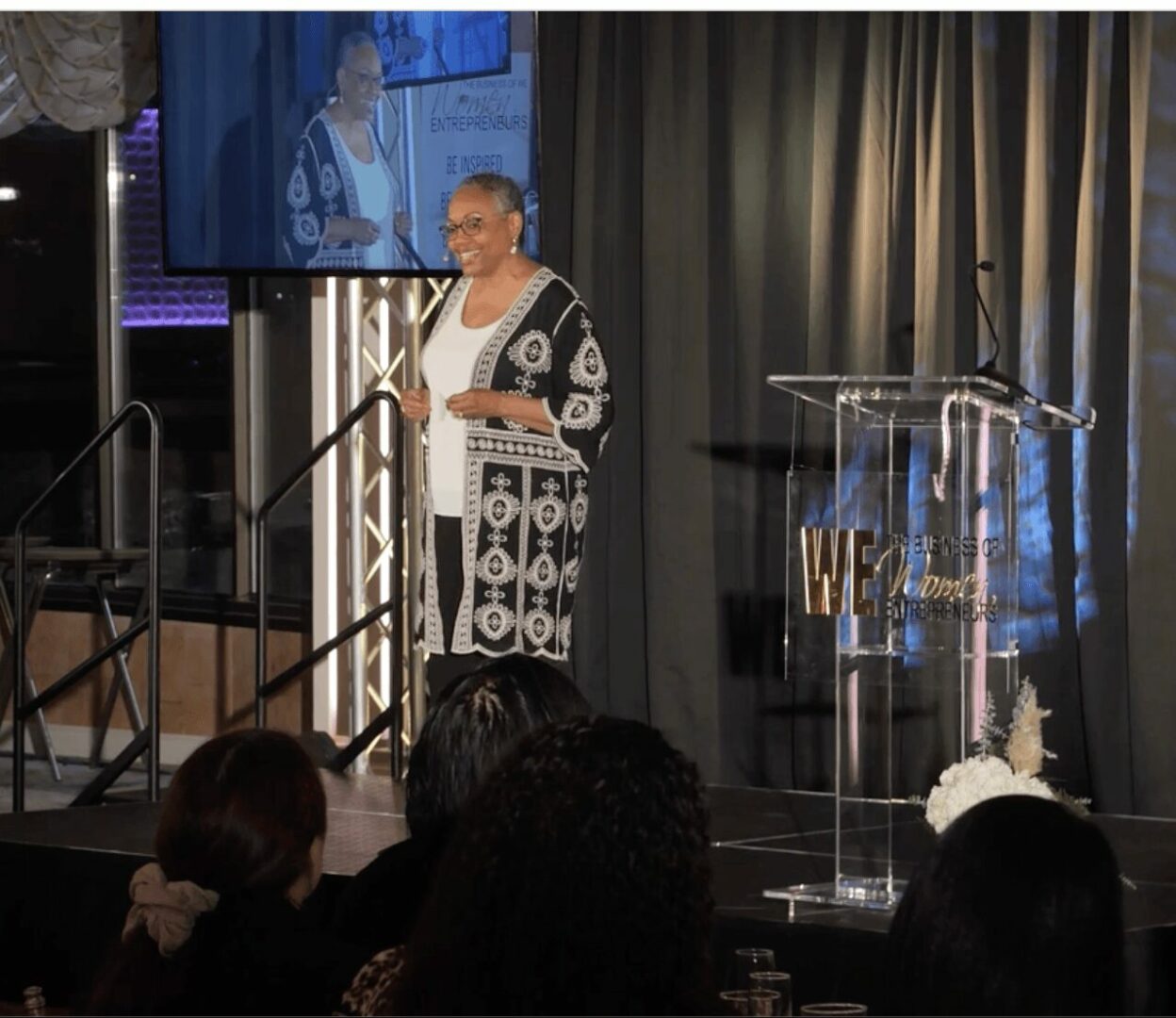
Before we go, any advice you can share with people who are feeling overwhelmed?
When I feel overwhelmed, I’ve learned to pay attention to the inklings, those subtle, almost-whispered signals that arise before the brain catches up.
I first spoke about inklings in my Oxford Talk, which was filmed in New York due to travel constraints at the time. The word itself came from my grandmother, and it’s stuck with me ever since. An inkling is a shift in the body or the breath—a sense that something is off, or that something important is coming. You feel it before you can explain it.
It’s not something neuroscience has fully named, but I’ve come to understand inklings as part of the quiet architecture of how we navigate choice, especially under uncertainty. They’re not logic. They’re not fear. They’re early signals, shaped by lived experience, memory, emotion, and pattern recognition.
Not every inkling is a green light. But it’s a prompt worth exploring, mapping, and betting on—especially when it shows up again and again. For me, clarity often begins as a whisper. It’s not always the whole answer. But it’s always the beginning of one.
Contact Info:
- Website: https://axionos.io
- Linkedin: https://www.linkedin.com/in/sonjapemberton
- Other: Email: [email protected] (preferred for speaking, media, or partnership inquiries)
If there are any delivery issues, please feel free to reach out via LinkedIn.
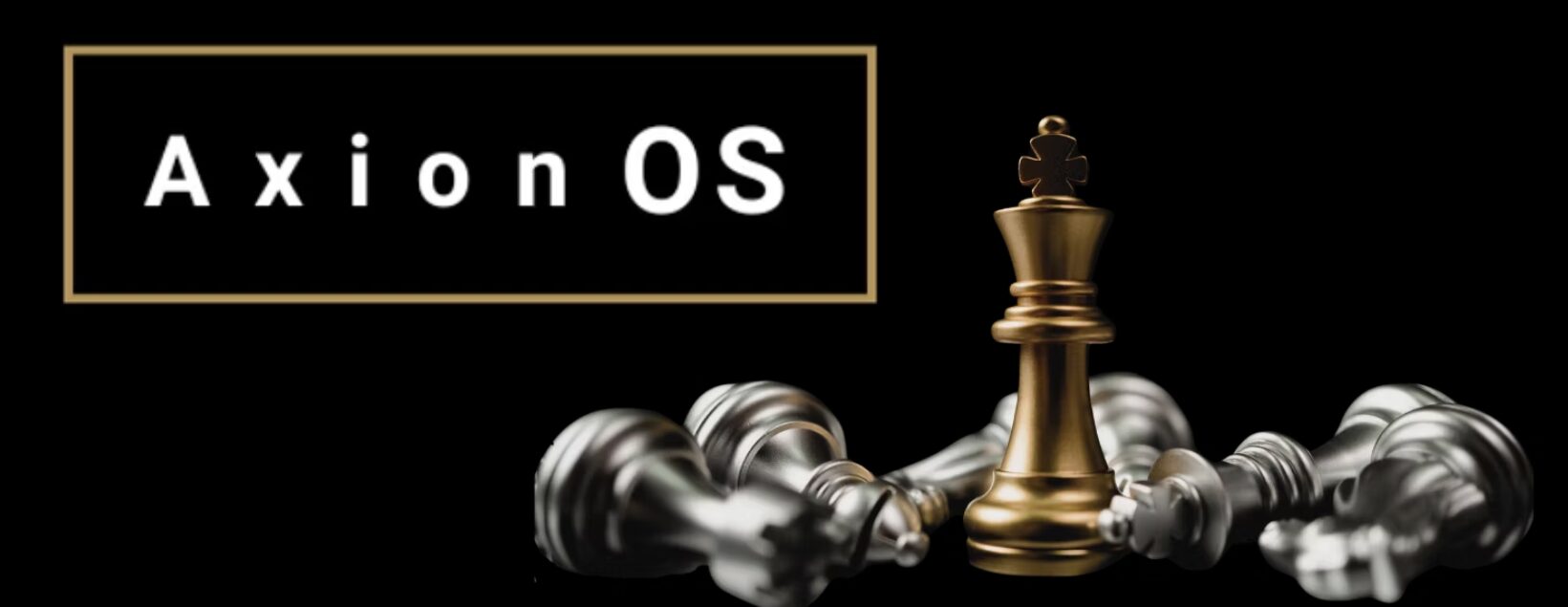
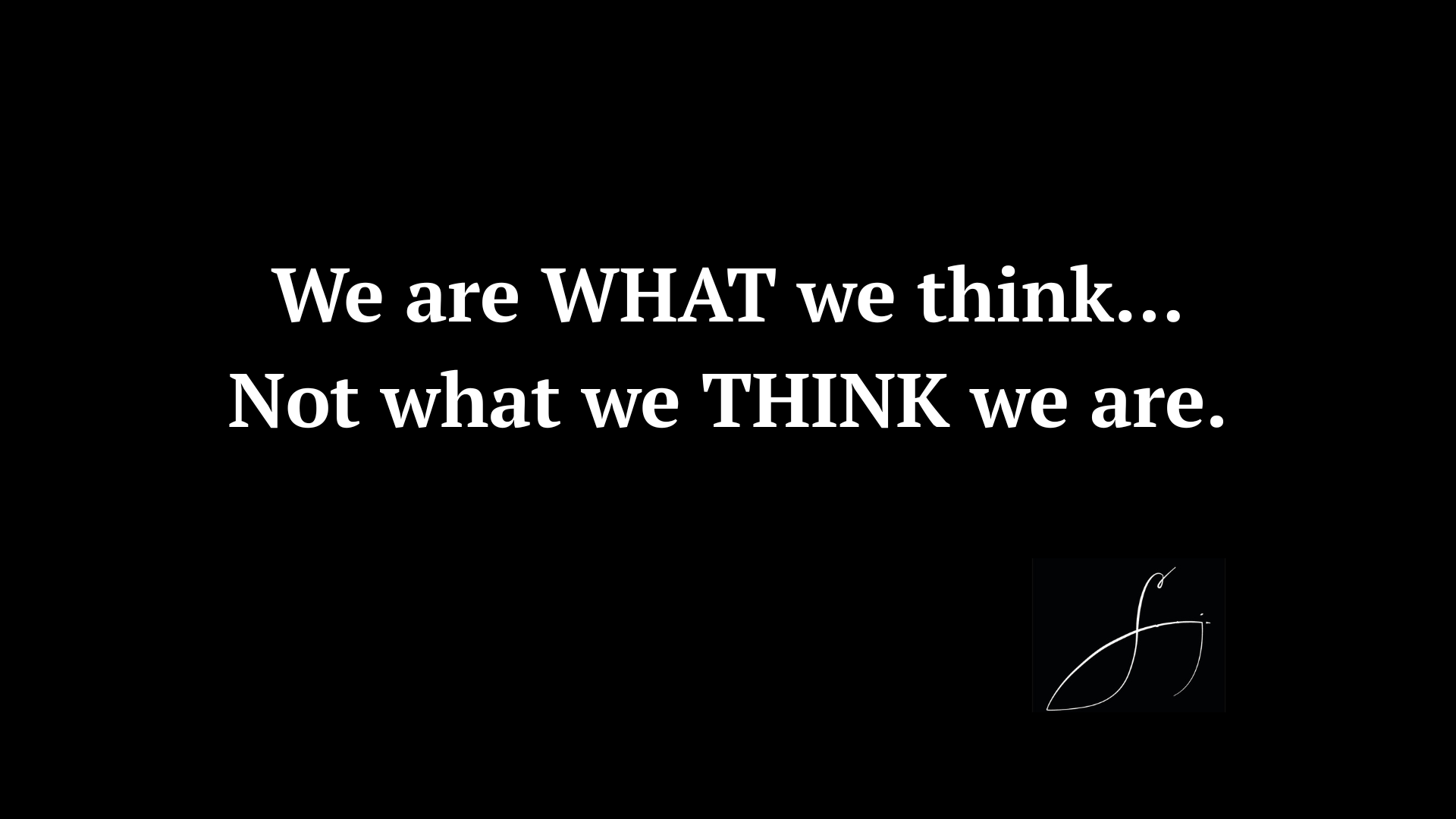
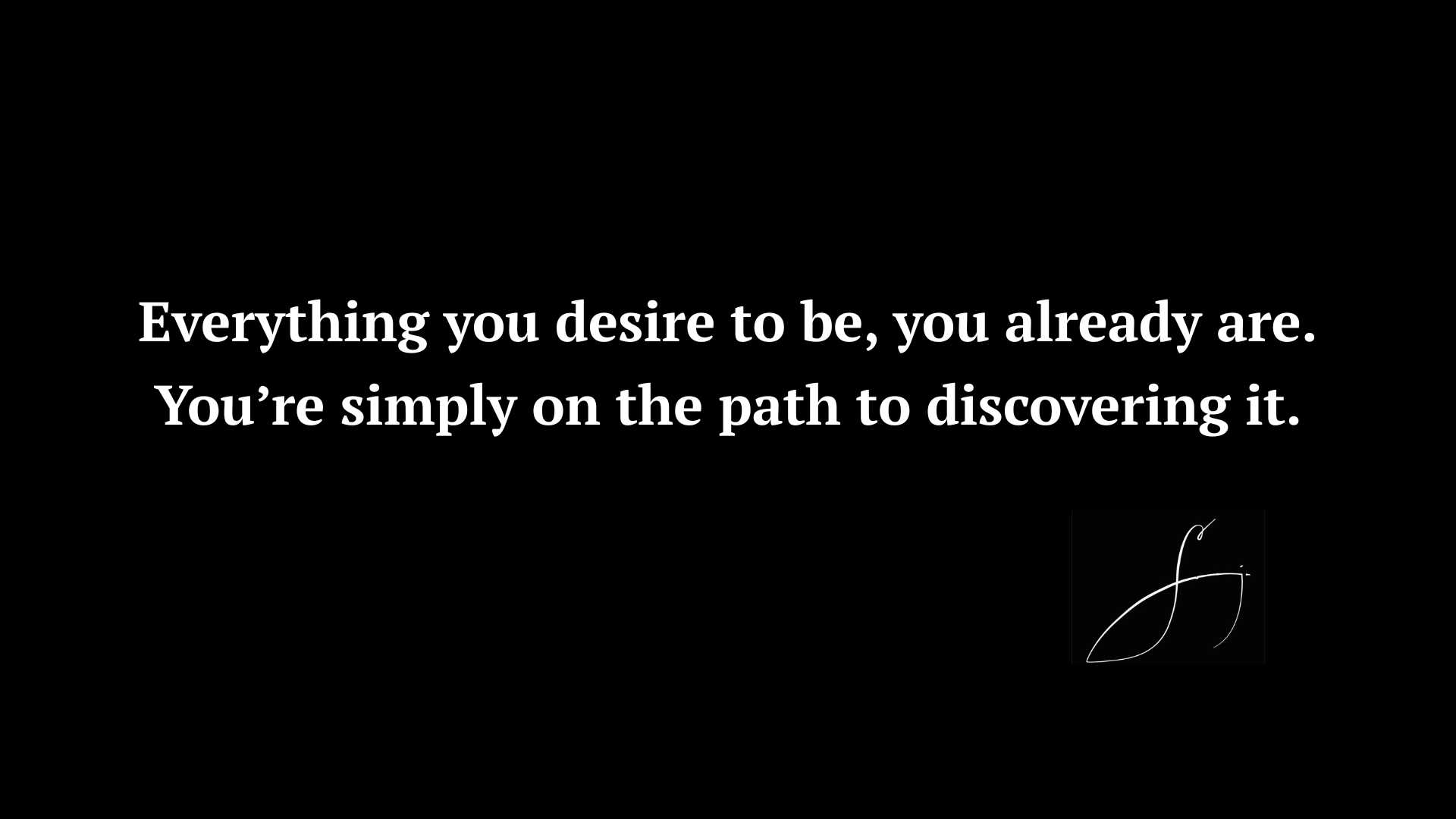
so if you or someone you know deserves recognition please let us know here.

